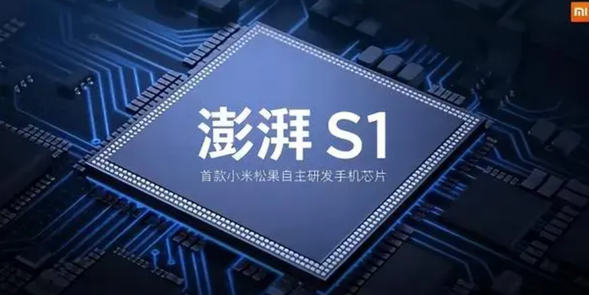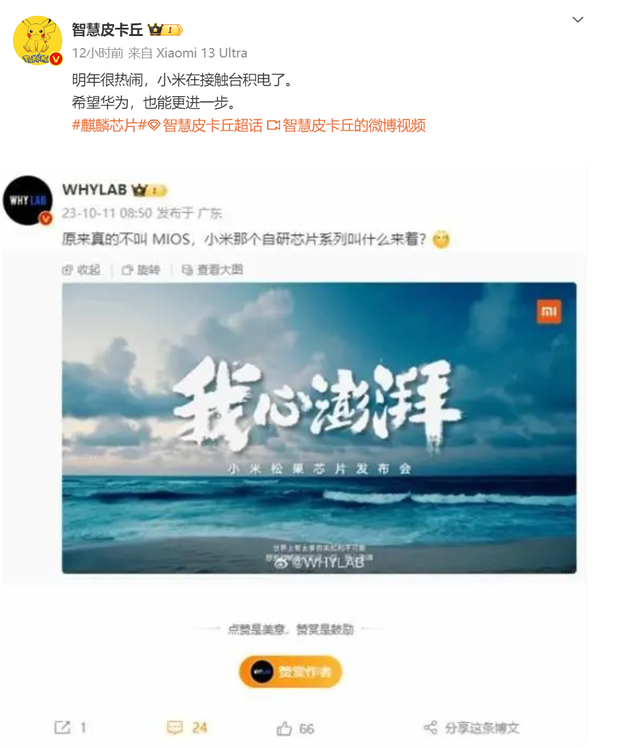
News on October 16th. Recently, digital bloggers have started heated discussions about next year’s mobile phone market. Many of them mentioned that Xiaomi is actively contacting TSMC, which has attracted widespread attention in the industry. Bloggers all expressed their expectation that Huawei would also take greater steps. Although some people proposed Xiaomi's actions, they did not clearly state their intention to contact TSMC. However, based on the latest industry news, this is likely to be related to Xiaomi's independent research and development of chips, which may require TSMC foundry cooperation.

In the fiercely competitive technology industry, independent research and development of chips has become an important symbol of a company's foothold in the market. According to the editor's understanding, Xiaomi is not to be outdone in this field. In February 2017, it released its first independently developed SoC chip, named ThePaper S1. ThePaper S1 uses an 8-core 64-bit architecture with a main frequency of up to 2.2GHz and is equipped with Mali-T860 GPU. However, it was later rumored that ThePaper S2 failed to tape out multiple times, resulting in Xiaomi failing to launch its self-developed chips again. Until 2021, ThePaper series chips will return again, but the ThePaper C1 chip launched this time is an ISP imaging chip. Since then, Xiaomi has successively released ThePaper P1/P2 fast charging chips and ThePaper G1 power management chip.

#The development of Xiaomi’s independently developed chips has been a core part of the company’s strategic transformation. By independently developing chips, Xiaomi can stand out in the market and improve the competitiveness and user experience of its hardware products. However, this road is not easy and requires continuous capital investment and technology accumulation.
Recently, a screenshot of the system interface has been circulated on the Internet, showing "MIOS", triggering speculation about Xiaomi's self-developed system, but new revelations show that Xiaomi's self-developed system will not be named "MIOS" name. It has been confirmed that Xiaomi's self-developed chip series will be named "Pinecone" and has a certain connection with Xiaomi's self-developed system. This series of developments has drawn much attention to Xiaomi's technological development, and the future of the mobile phone market will continue to remain in suspense.
The above is the detailed content of Xiaomi develops chips independently and moves forward steadily. For more information, please follow other related articles on the PHP Chinese website!




